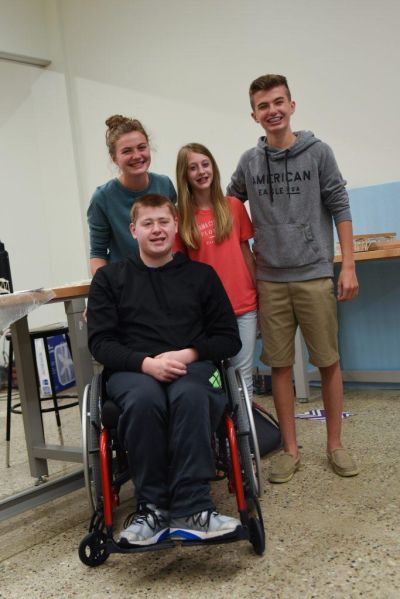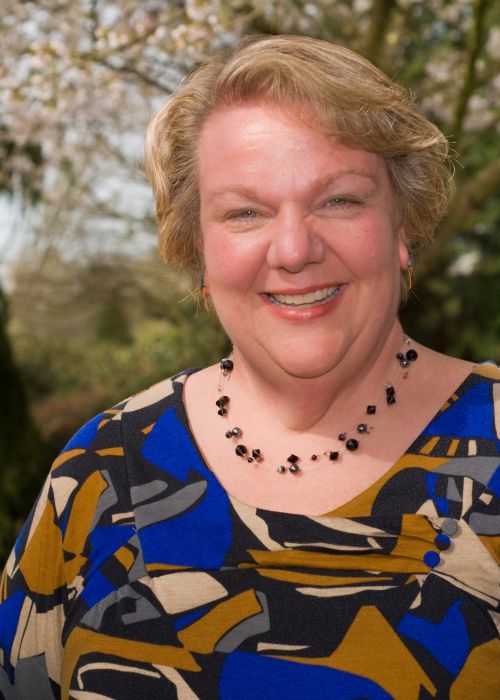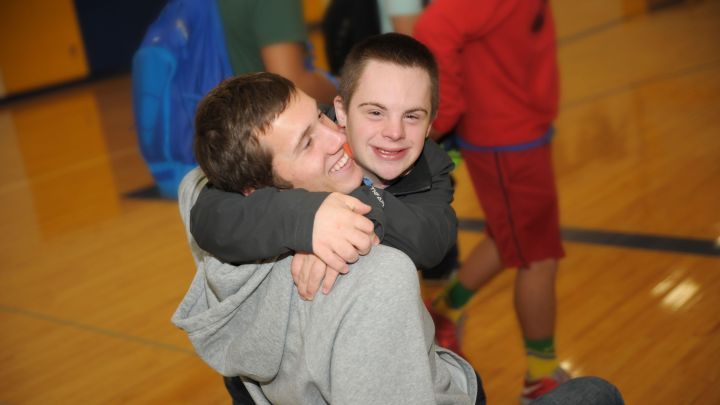Supporting Students Who Use Wheelchairs

At Zeeland Christian School, we have been blessed to welcome many students who use wheelchairs. Their presence in our classrooms, hallways, and playgrounds has enriched the academic, social, and spiritual life of our school.
As with any student who benefits from additional supports, we take intentional steps to make sure that everyone is informed and equipped to include each student well.
For students who use wheelchairs, the following guidelines have been helpful as we work together with the individual, their peers, and school staff to create the best possible educational experience for all involved.
1. Get to Know the Individual.
Every person who uses a wheelchair has different needs and routines, which may change over time. Some tasks may require assistance, while others do not. Seek input from the student and their parents to understand what works best.
2. Provide Clear Expectations.
Based on what you learn, set clear expectations each school year for the student, their classmates, and staff. A welcoming environment is built on communication and mutual understanding.
3. Encourage Safe and Independent Mobility.
The student using a wheelchair may benefit from a "driver’s license" system, which can be temporarily revoked if needed. This encourages safe movement and self-advocacy when assistance is required.
4. Teach Peers How to Be Supportive.
Being a "co-driver" is a privilege, not a right. If a peer misuses this role—such as pushing too fast down a ramp—they lose their "license" as well.
5. Equip Staff with Helpful Guidelines.
School staff also play a vital role in fostering inclusion. At times, students may become distracted by frequent greetings or well-meaning interventions. In these cases, staff may need guidance on when to step back to support the student’s focus and independence.
6. Balance Physical and Academic Goals.
While a student may benefit from moving independently through the hall once per day, doing so more frequently may be exhausting. School is an academic environment, and while promoting independence is important, it should be balanced with maintaining energy for learning.
By approaching each student with respect, curiosity, and care, we continue to build a community where every child is known, needed, and experiences belonging.

Barbara J. Newman
Barbara J. Newman (1962-2020) was the Director of Church Services at All Belong. For over 30 years, she endeavored to create communities of inclusion through All Belong. Co-administrating the inclusion program at Zeeland Christian School allowed her to stay on top of best practices which she shared at schools and churches nationwide and in her books and practical resources, including Autism and Your Church, Helping Kids Include Kids with Disabilities, the Inclusion Awareness Kit, Nuts & Bolts of Inclusive Education, and Accessible Gospel, Inclusive Worship.
